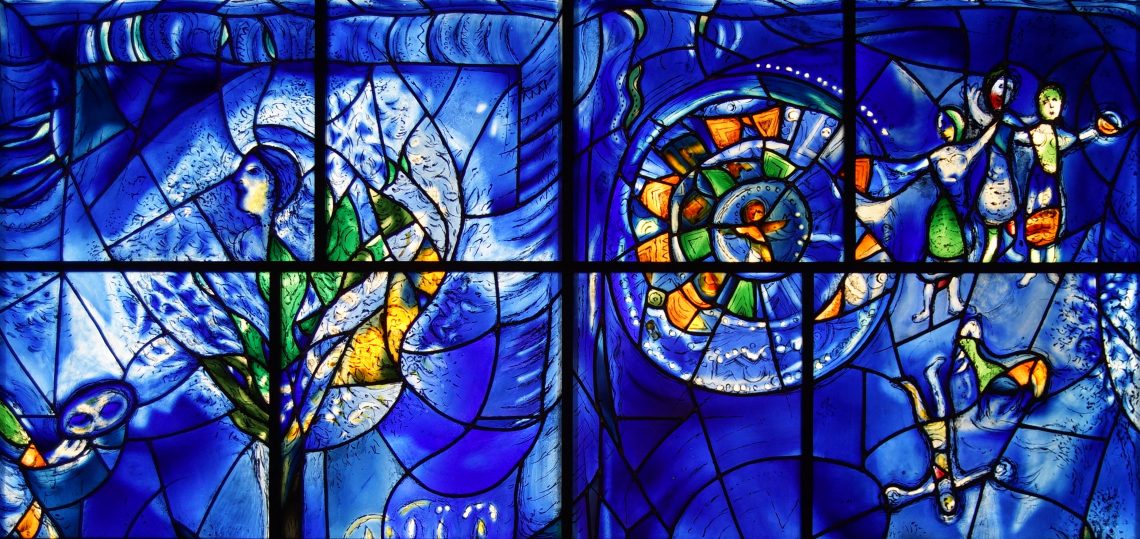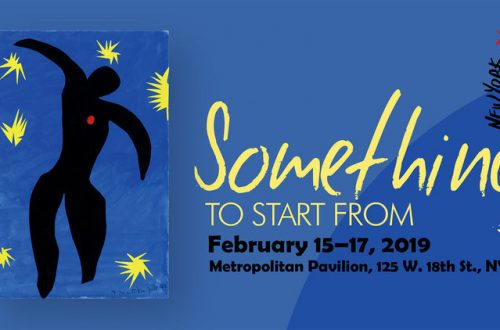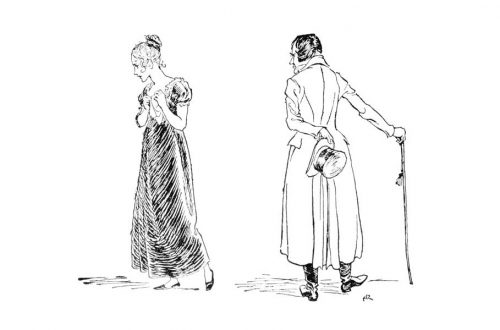by Rebecca Longtin
Time makes room
“Hymn to Time,” Ursula K. Le Guin
for going and coming home
and in time’s womb
begins all ending.
Poetry is more than beautiful words—it is a way of thinking that is slow, meditative, and open.
Being poetic involves shifting our attitudes and ways of relating to everyday things around us. Our daily routines require accomplishing tasks and following schedules, and most routines are set up in ways that maximize efficiency by limiting our attention. In getting ready in the morning for work, I use many objects but pay little attention to them. Objects like my toothbrush or coffee mug disappear into my routine. My mug is only significant insofar as it delivers caffeine and readies me for the tasks of my day. If I were to look at my mug poetically, however, I would have a different attitude. The mug would not simply be a means to an end, but instead something I want to observe and contemplate. I would be more attentive to the mug as an object in itself and as a part of the larger world beyond my uses. Suddenly an object that normally escapes my notice takes on new meaning. The ordinary becomes extraordinary. Lost in poetic reverie, I might be more awake to the meaning of my coffee mug but much less aware of the passing of time and the fact that I am now late for work.
Poetry thus allows us to meditate on our everyday experiences in ways that unearth profound mysteries we so frequently overlook. But to be more awake, more conscious, requires not only breaking from routine but also cultivating a different sense of time.
Routines treat time as something uniform that can be calculated and regulated. Routines use clocks and calendars to keep track of time, create schedules, plan goals, and measure productivity. Clocks present time as the progression of identical units of measurement: seconds, minutes, hours. Calendars also present time in regular portions that allow us to organize our lives and anticipate its changes. There is something comforting in this way of thinking about time. Time feels manageable when I can calculate and organize it. It moves in one direction—forward—and its qualities remain the same. Only one hour left until I can go home. Only ten days left until vacation. Only two years until I graduate. But this is not the only way to think about time.
In fact, these ways of measuring time are very different from how we experience time. Time does not feel uniform or calculable at all from inside our experiences. Time feels like a vast expanse full of possibilities when I am holding a newborn child. By contrast, when I am grieving a profound loss, time feels like a heavy weight that moves far too slowly. In the arms of a lover, I feel suspended above the passing of time as if our connection creates an eternal moment. Yet when I hear tragic, life-changing news, that moment feels like a sharp and sudden blow from nowhere. Each moment feels different, so our experiences of time are far from being measurable according to a constant unit. For this reason, Kahlil Gibran calls time “the measureless and the immeasurable” (“On Time”).
Nor does time feel like a constant stream of moments that move seamlessly from past to present to future. Joy Ladin tells us that “Time too is afraid of passing, is riddled with holes through which time feels itself leaking” (“Time Passes”). Time moves in different ways. Regret or nostalgia can pull me toward the past so I am unable to be fully in the present. In these cases, my sense of time would be directed backward rather than forward. Yet if I am anticipating an important event, I might strain forward into the future so strongly that I lose sight of the present. By contrast, a present moment can grip me so completely that I lose any sense of what came before or what might follow. Trauma can disrupt all the markers between past, present, and future as I struggle to make sense of an experience that haunts me by never fully sinking into the past or melding into my present but instead reappearing again and again with the same force. The relation between past, present, and future continually shifts and does not form a simple, linear path.
Poets recognize these felt qualities and movements of time and find vivid ways to illuminate the different ways we experience it. Some moments feel ephemeral or fragile like a spider web. “Time collapses between the lips of strangers,” writes Audre Lorde (“Never to Dream of Spiders”). Yet time can also feel very dense and slow-moving like honey. “It is at the edges that time thins,” describes Kay Ryan:
Time which had been
“The Edges of Time”
dense and viscous
as amber suspending
intentions like bees
unseizes them.
Since poets break from routine and look at our everyday experiences differently, they make us not only more aware of things in our world but also more aware of our experiences themselves, including our experience of time. Poets delve into these experiences, savor their particularities, and find words for what we struggle to articulate.
Poetic ambiguity is especially helpful in meditating on the mysteries of our experience of time. The ancient Greek philosopher Heraclitus saw time as the most profound mystery insofar as it challenges all concepts and destabilizes rational thought by revealing that everything is subject to change. For Heraclitus, “No man ever steps in the same river twice, for it is not the same river and he is not the same man.” If everything is subject to time, all is flux. There is nothing stable, nothing we can pin down and understand fully. Yet poetry is at home in mysteries that cannot be fully understood. Poetry aims at expressing our experiences rather than conceptualizing them and in so doing preserves the nuances and ambiguities of experience. A poem is always essentially ambiguous insofar as it does not have one, simple interpretation but instead many possible meanings. Just as a single moment can be experienced in many possible ways depending on the situation, so a word can take on many different meanings. Poetry exploits this power of language—the power to give voice to what we do not fully understand but can only behold in wonder. Navigating the ambiguity of time thus requires poetic sensibilities.
Poetry invites us to experience life more deeply by breaking from routine and cultivating our attention—both of which require a different sense of time than clocks and calendars can offer. Instead of measuring and managing time, treating it like an empty container to be filled with tasks, poetry calls our attention to its variety of qualities and subtle nuances. In these ways, poetry suspends us in wonder at the great mystery of time.

Rebecca Longtin is a philosophy professor and lover of poetry, who lives in the Hudson Valley. This essay is dedicated with admiration and gratitude to her teachers at Trinity School at River Ridge who nurtured her love of learning.
Interested in more on poetry and time? Follow the links to the poems cited in the article.
“Hymn to Time” by Ursula K. Le Guin
“On Time” by Kahlil Gibran
“Time Passes, by Joy Ladin
“Never to Dream of Spiders” by Audre Lorde
“The Edges of Time” by Kay Ryan






3 Comments
Deborah Tor
FLY envious Time, till thou run out thy race,
Call on the lazy leaden-stepping hours,
Whose speed is but the heavy Plummets pace;
And glut thy self with what thy womb devours,
Which is no more then what is false and vain,
And meerly mortal dross;
So little is our loss,
So little is thy gain.
For when as each thing bad thou hast entomb’d,
And last of all, thy greedy self consum’d,
Then long Eternity shall greet our bliss
With an individual kiss;
And Joy shall overtake us as a flood,
When every thing that is sincerely good
And perfectly divine,
With Truth, and Peace, and Love shall ever shine
About the supreme Throne
Of him, t’whose happy-making sight alone,
When once our heav’nly-guided soul shall clime,
Then all this Earthy grosnes quit,
Attir’d with Stars, we shall for ever sit,
Triumphing over Death, and Chance, and thee O Time.
– John Milton
Jon
Time is an ocean, but it ends at the shore
You may not see me tomorrow
— Bob Dylan
Matt Axvig
Thank you, Rebecca. You make me eager to pick up Sartre’s Being and Nothingness, for my first time and in a new translation.
In the meantime, I found a Wallace Stevens poem I’ll share, since it seems that’s what people are doing:
Sailing After Lunch
It is the word ‘pejorative’ that hurts.
My old boat goes round on a crutch
And doesn’t get under way.
It’s the time of the year
And the time of the day.
Perhaps it’s the lunch that we had
Or the lunch that we should have had.
But I am, in any case,
A most inappropriate man
In a most unpropitious place.
Mon Dieu, hear the poet’s prayer.
The romantic should be here.
The romantic should be there.
It ought to be everywhere.
But the romantic must never remain,
Mon Dieu, and must never again return.
This heavy historical sail
Through the mustiest blue of the lake
In a really vertiginous boat
Is wholly the vapidest fake….
It is least what one ever sees.
It is only the way one feels, to say
Where my spirit is I am,
To say the light wind worries the sail,
To say the water is swift today,
To expunge all people and be a pupil
Of the gorgeous wheel and so to give
That slight transcendence to the dirty sail,
By light, the way one feels, sharp white,
And then rush brightly through the summer air.